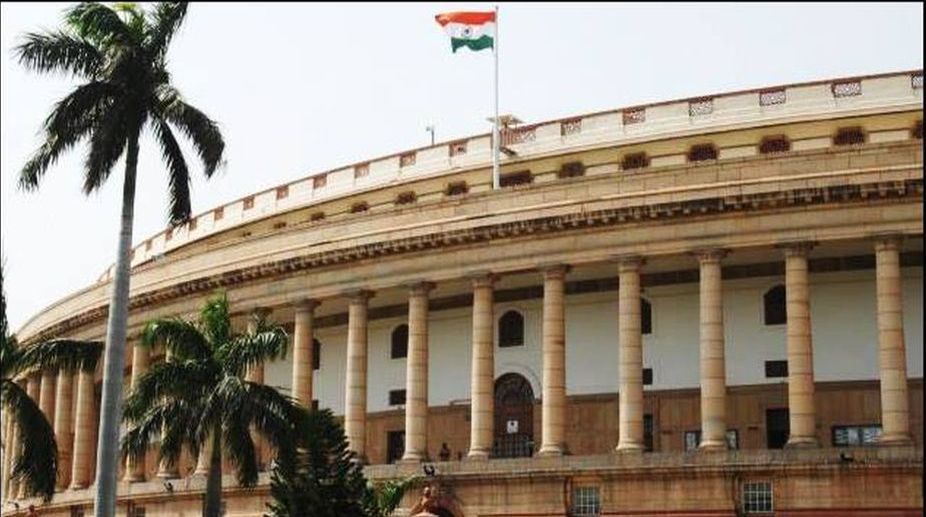Just days after the apex court’s sharp criticism of one aspect of the functioning (non-functioning?) of the Delhi Development Authority, Parliament’s attention has been drawn to another reflection of that agency’s incompetence. As many as 6500 persons allotted flats last year have “surrendered” them, the Lok Sabha has been informed.
While the government claimed there was no specific reason for the rejection ~ and attempted a positive spin by saying that 4500 units had been offered as accommodation for paramilitary personnel ~ the reality remains that the public image of DDA-built flats is pathetic. That a large number of applications are received only confirms the poor condition of the housing exercise, people in adjoining areas of the NCR opt for “private” developers even though aware of how many of them short-change customers.
Advertisement
In Delhi itself the DDA has a virtual monopoly, but the formation of cooperative societies has exposed the shoddy quality of DDA construction. According to some experts the standard of DDA flats has contributed to the high cost of housing, most builders hike their prices after noting what people have to pay for poor quality units from the government agency. There are planning/design shortcomings too, as confirmed by the agency proposing an increase in the size of its apartments.
Which reinforces the view that the DDA must confine itself to “development” and leave the construction of housing to private players: competition will promote efficiency, and curb the corruption that is rampant in most government-run monopolies. There would be several urban development experts who would favour a thorough overhaul of the DDA: it has failed on so many fronts that Delhi is unlikely to ever become a “smart” city ~ presently controversy rages over the provision of parking space for the buses the Delhi Transport Corporation seeks to add to its decrepit fleet.
Another of the DDA’s drawbacks is its getting bogged down in the political squabbes between the local and central governments ~ these have hit an all-time low after the Aam Aadmi Party assumed office and the “power struggle” between the elected chief minister and centre-appointed lieutenant-governor assumed nasty proportions. The real sufferers are the people, caught up as they are in the cross-fire ~ and that malady was evident even before Delhi was granted limited-statehood.
When Arvind Kejriwal talks of “step-motherly treatment” he is merely regurgitating Vijay Kumar Malhotra’s lament of the late-1960s, and to be fair Sheila Dikshit and Jag Parvesh Chandra also aired similar views even if they preferred different terminology. A fresh look at the administrative set-up in Delhi is urgently needed: the multiplicity of authorities has to end, the police has to be more responsive to local sentiments. The present minister for urban affairs is reputed to be “dynamic” ~ does he have the political clout to effect improvements?











